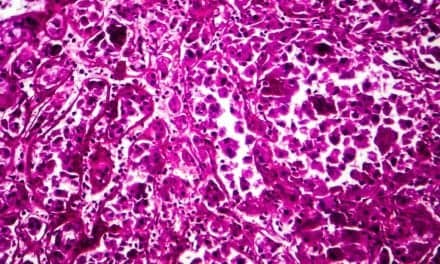The US Air Force small business innovation research program (SBIR) has issued a phase I contract to Neurovation Labs, New York, NY, to support its ongoing development of an objective diagnostic and companion treatment for posttraumatic stress disorder (PTSD).
PTSD is an incapacitating psychiatric disorder that affects nearly 10% of the US population and imposes an annual economic burden that exceeds $42 billion. Developing in individuals after a traumatic event such as abuse or action in warfare, PTSD has a particularly high incidence among military service members and veterans. The deleterious effects of PTSD go beyond the symptoms themselves: veteran suicide is double the rate of nonveteran suicide, and service members deployed in the recent wars in Afghanistan and Iraq are nearly three times more likely to self-medicate with illicit drugs such as opioids.
Currently, PTSD is poorly diagnosed using subjective symptom checklists. The symptoms are then individually treated using drugs that may be off-target or ineffective, or by implementing various cognitive therapies. Neurovation Labs is working to address these shortcomings by developing the first diagnostic brain scan and companion medication for PTSD. Both products target the same protein increase in the fear center of the brain—a discovery that offers the first potential PTSD biomarker.
“We are thrilled to be working with AFWERX and the US Air Force on the development of our PTSD diagnostic and treatment,” says Jennifer Perusini, PhD, CEO of Neurovation Labs. “Successful development of our products will allow not only for a definitive diagnosis of PTSD but also immediate targeted treatment. This approach, based on measurable physical indicators, represents a marked change in mental healthcare.”
Neurovation Labs is now eligible to pursue a Phase II contract with the Air Force. Phase II of the program provides one-to-one matching funds on private investments up to $1.5 million.
For more information, visit Neurovation Labs.
Featured image: Photo © Motorion, courtesy Dreamstime (ID 156632661).






